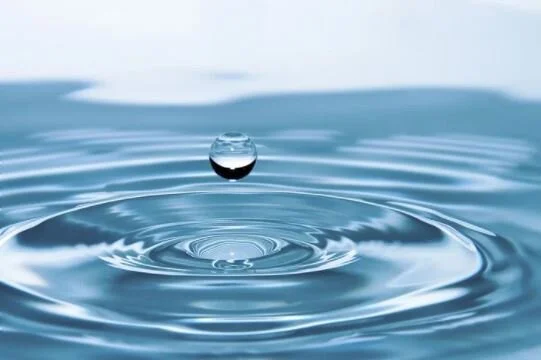3 TYPES OF POOR "HOUSEKEEPING" HAZARDS
“Housekeeping” is a foundation for not only a safe workplace, but also a productive one. When “housekeeping” is poor at a worksite, it can have a significant “ripple” effect, one being that employees are more likely to be hurt on the job.
The unsafe conditions present due to poor '“housekeeping” is often a contributing factor or a direct cause for workplace injuries. It is important to realize the impact “housekeeping” has on your ability to work safe.
Three Types of Hazards Resulting from Poor Housekeeping
1. Slip, trip, and fall hazards- One of the most common type of hazards created by poor housekeeping are slip, trip, and fall hazards. When objects, materials, tools, and equipment are not safely stored workers are bound to trip over them. Slippery conditions are created when water, moisture, oils, grease, etc. are left on the floor in work areas. Fall hazards are created when employees must stand on makeshift surfaces to reach items stored at higher levels. Falls also occur when changes in elevation are not properly marked or barricaded in work areas.
2. Strain and sprain hazards- Sprain and strain injuries can result from slip, trip, and fall incidents. They also can occur when heavy items are not properly put away. When heavy or awkward objects are placed on the floor and need to be picked up by a worker it creates a risk for injury. Too often items must be moved when there is poor housekeeping in a work area just for the sake of getting them out of the way. Because of unnecessary lifting, sprains and strains can occur.
3. Laceration hazards- Whether you are working in a construction or a manufacturing setting, there are plenty of sharp objects that can cut your hand or body. When items are not safely stored this creates a huge risk for laceration injuries. Sharp tools, jagged metal, sharp edged material, etc. can all easily cut through a glove or clothing and injure a worker.
The injuries that result from poor work area conditions simply do not have to occur, and are often 100% preventable.

